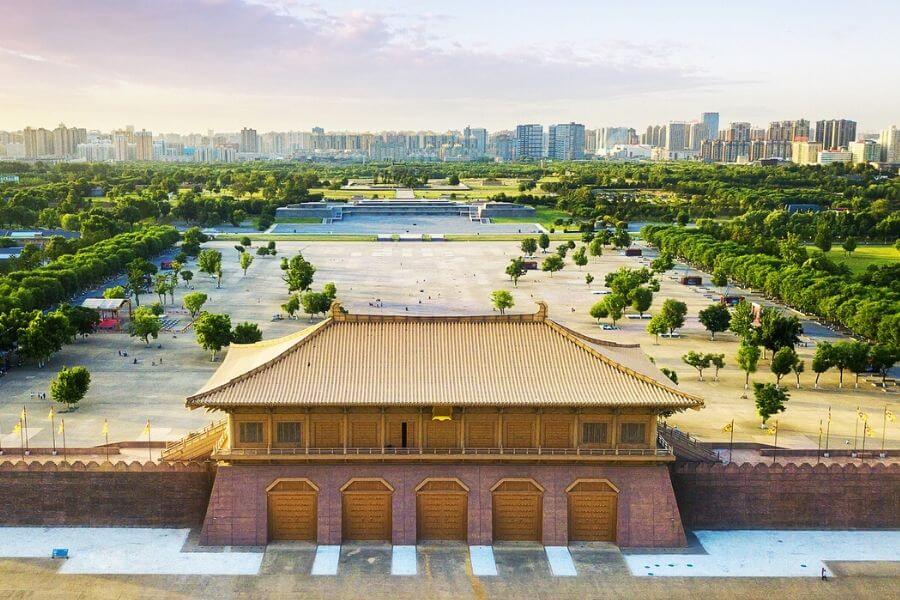
Chinese expert Prof. Yongping Xiao indicates, if China wishes to promote the Belt and Road Initiative (BRI), improvements in the international credibility of the Chinese judiciary is required. To this end, it is suggested that China needs to weaken its long-held notion of judicial sovereignty; to ensure equal protection, in particular, to fully guarantee foreigners’ litigation rights; to actively apply forum non conveniens;to actively confirm the existence of reciprocity, and to ascertain and correctly apply foreign law.
This post is an introduction to the article titled “Some Suggestions for Improving the International Credibility of the Chinese Judiciary: A Focus on the BRI” (提升中国司法的国际公信力:共建“一带一路”的抓手), which reflects the thoughts on what Chinese courts could do to contribute to the BRI. The article was published in The Chinese Journal of Comparative Law (Volume 5, Issue 1),by Prof. Yongping Xiao and Dr. Meng Yu. Prof. Xiao was the Dean of School of Law, Wuhan University, and is currently the Director of Institute of International Law of Wuhan University, a national high-end think tank.
1. The judicial practice in many countries has shown a trend of protecting the interests of their own citizens. However, in order to let the international community, especially countries participating in the BRI, understand that the BRI is being proposed with sincerity, it is advised that Chinese courts need to weaken the long-held notion of judicial sovereignty in international civil and commercial litigation, and ensure the equal treatment of all parties’ legal rights and interests.
2. It is suggested that China engage in reaching agreements using the waiver of guarantee of litigation fees with countries participating in the BRI or that China takes the lead in waiving such fees. Likewise, China may engage with other countries participating in the BRI in reaching agreements regarding litigation fee waivers or taking the initiative in offering a waiver in individual cases.
3. Chinese courts could allow and arrange for foreign citizens to sit in on the hearing of cases that are tried publicly. Chinese courts could also invite foreign diplomats and officers in exchanges and cooperation from countries participating in the BRI to sit in on the hearing of such cases.
4. In terms of the exclusive jurisdiction of Chinese courts, it is suggested that China adopt an alternative that focuses on only two rules and gets rid of other rules on exclusive jurisdiction. One rule is that ‘the people’s court in the location of immovable property has exclusive jurisdiction over disputes relating to the immovable property’. The other is that ‘in disputes concerning the validity of the constitution, the nullity or the dissolution of legal persons, the people’s court where the legal person has its seat shall have exclusive jurisdiction’.
5. Where concurrent proceedings exist in countries participating in the BRI, a Chinese court may suspend its proceedings under certain circumstances and then, depending on the development of the concurrent proceeding, determine whether to resume jurisdiction or terminate its proceeding.
6. As far as cases regarding the recognition and enforcement of foreign judgments are concerned, it is advised that China should loosen its criteria in determining the existence of reciprocity. If by examining the foreign law, reciprocity is not a prerequisite to recognizing foreign judgments in a foreign country, the Chinese court may recognize first the existence of a reciprocal relationship between China and the foreign country.
7. It is advisable to set up a guiding case system, which consists of the most representative foreign-related cases compiled and published by the Supreme People’s Court, so that local courts at all levels can be offered specific guidance, conforming with the judicial interpretation and meeting the BRI’s strategic needs.
8. Where the parties concerned choose a foreign law as the applicable law, the parties undertake the major responsibility while the judges bear the minor one in discerning foreign law. In addition, it is necessary to explore and develop methods on proof of foreign law, through strengthening ties with academic institutions at home and broad and setting up research centers and institutes for discerning foreign law.
If you would like to discuss with us about the post, or share your views and suggestions, please contact Ms. Meng Yu (meng.yu@chinajusticeobserver.com ).
If you wish to receive news and gain deep insights on Chinese judicial system, please feel free to subscribe to our newsletters (subscribe.chinajusticeobserver.com ).
Contributors: Yongping XIAO 肖永平






